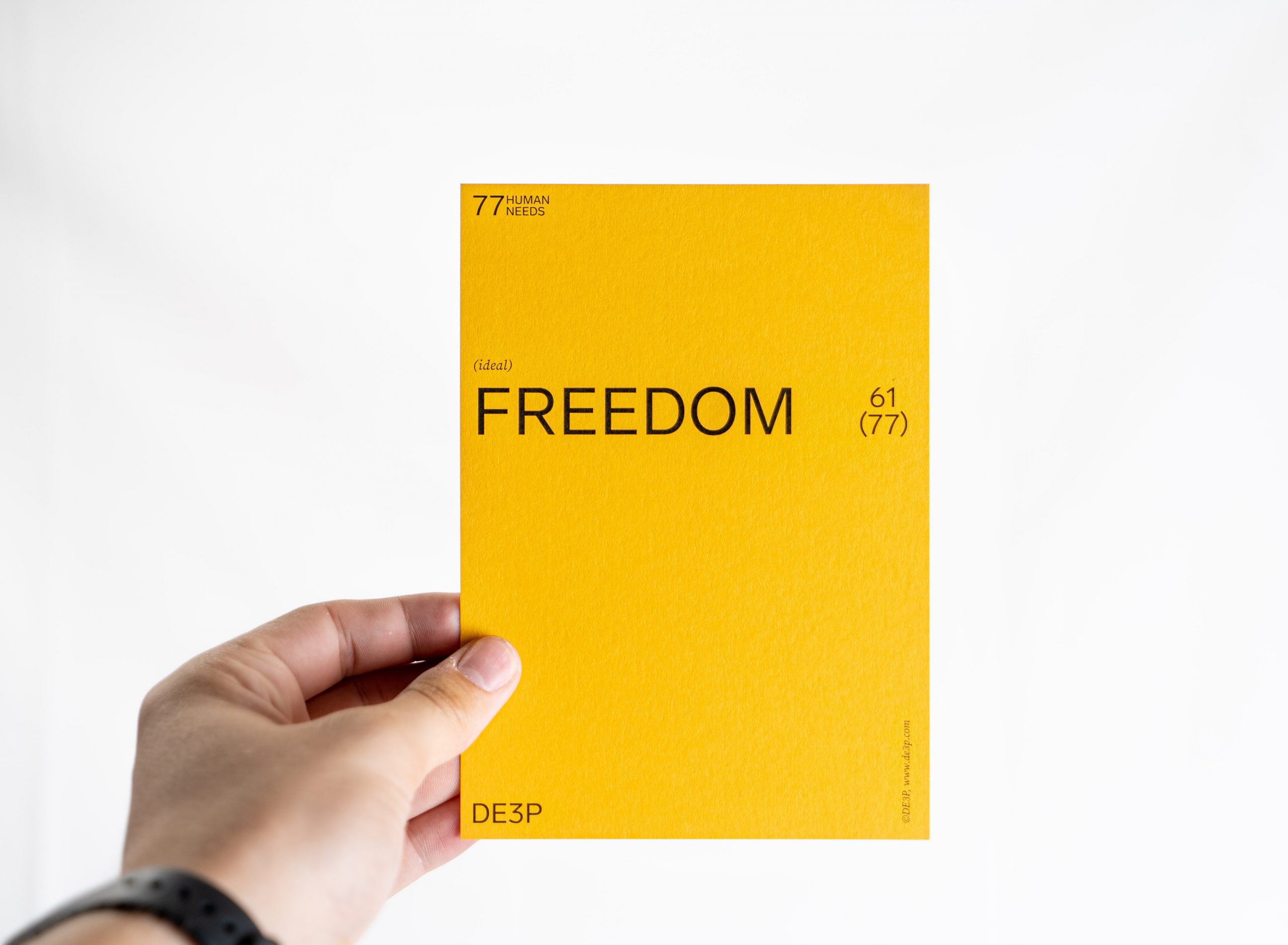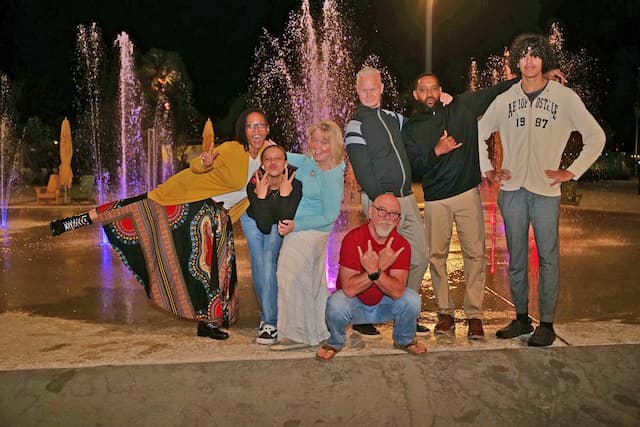Independence - It's Truest Form - Craig Lounsbrough

What is independence? Definitions abound, but what is it in actuality? The Encarta Dictionary describes it as “freedom from dependence on or control by another person, organization, or state.” At its core, it’s freedom from dependence or control. It grants self-autonomy and self-directedness free of encumbrances. Independence provides the space and freedom to craft and shape a life in a manner that maximizes the gifting of the individual and the resources that are available to that individual.
The Constraints of Independence – Fear and Self-Esteem
Yet, most of us are constrained, living less than fully independent lives. We live bound in prisons typically of our own making that stifle independence and in some cases kill it altogether. We become moribund by fears of innumerable description, and we become shackled by low self-esteem. We pledge allegiance to mediocrity because it’s safe and demands little of us other than the extinguishing of our passion. We forfeit a vision and settle for erecting fences around us that keep the world out but lock us in. Our goal is safety and the absolute avoidance of failure which completely rules out risk, anything smacking of adventure, and all actions that are less than entirely predictable.
The Constraints of Fear
In sorting it all out, the constraints that appear most rampant are fear and low self-esteem. While we fear many things, the fear of failure so often seems predominant. Fear of failure often eliminates any action that has any element of risk in it, for risk means that there is room for failure. Failure is often personalized as being a negative commentary on our worth and value as people. Therefore we fear that failure will reveal us as inadequate, inferior or just plain stupid. Avoidance of failure then means avoidance of any action wherein we would risk failing. With that being the case, we bypass most of life’s opportunities and live constrained and constricted. There is no independence in this.
The Constraint of Low Self-Esteem
Self-esteem is the manner in which people view themselves as either positive or negative, capable or incapable, gifted or impoverished, good or bad. It can be incredibly liberating or it can be entirely imprisoning. Typically our self-esteem is based more on other people’s views of us throughout our lifetime than who or what we really are. It’s amazing yet devastating how so many people view themselves as weak, inadequate and grossly incapable when in reality they possess abilities that are strong, rich and even magnificent. Self-esteem is most often deceptive, leading us to believe that we are ugly ducklings when in reality we are stunning swans. Yet we live out whatever our self-perception is. And because that’s the case, we live lives constrained and fettered by limitations that in reality we don’t have at all. There is no independence in this.
Yes, there are constraints . . . many more than there is room to discuss here. But they are real and they are confining. In the deceptiveness of acclimation, we soon live constrained, imprisoned and fettered without even knowing that we’re held tight and held fast, caged in some prison. We think ourselves to be free when we are nothing of the sort. It sometimes seems better to think that you’re free than face the things that are in reality holding you fast and imprisoning you. So we often live imprisoned thinking it independence.
The Responsibilities of Independence
On the flip side of the idea of independence, George Bernard Shaw wrote, “Liberty means responsibility. That is why most men dread it.” Liberty does not mean the ability to act without an understanding of how one’s actions impose on the freedom of another. In actuality, functioning in independence is a whole lot more difficult because we carry the responsibility of understanding that we have a responsibility to those around us. Our exercise of independence then must be tempered to embrace the good of the common man. Therefore, independence is exercised with responsibility.
Independence Gone Bad
Sometimes we confuse independence with entitlement. We assume some sort of right or privilege to do what we want when we want. It’s our sense that life owes us the right to do as we please, when we please, however we please. Independence robbed of conscious, ethics and a sense of responsibility turns into license which has nothing to do with independence. Independence is not self-seeking, nor it is focused only on the exercise of independence for the self. Rather, it seeks to recognize that independence for all insures independence for the individual. Additionally, independence for all creates a larger culture within which this shared independence enriches everyone. That is far from entitlement and nothing of the stuff of selfishness.
Truly Independent
I would encourage you to take inventory of the things that imprison you, whatever they may be. Pin-point and work to root them out of your life, whether those be fear, low self-esteem or something else. Let yourself experience a genuine independence that will allow you to be everything you’re capable of being.
In doing so, see your independence as a privilege, not a right. View it as something to be exercised for the common good, not the selfish ambitions of the single individual. Exercise your independence in a manner that maximizes all the you are, and gives room for those around you to do the same. Can you imagine the kind of world we would have if this were to be done? If you do, understand that change begins with you. Welcome to true, deep and personally liberating independence.










